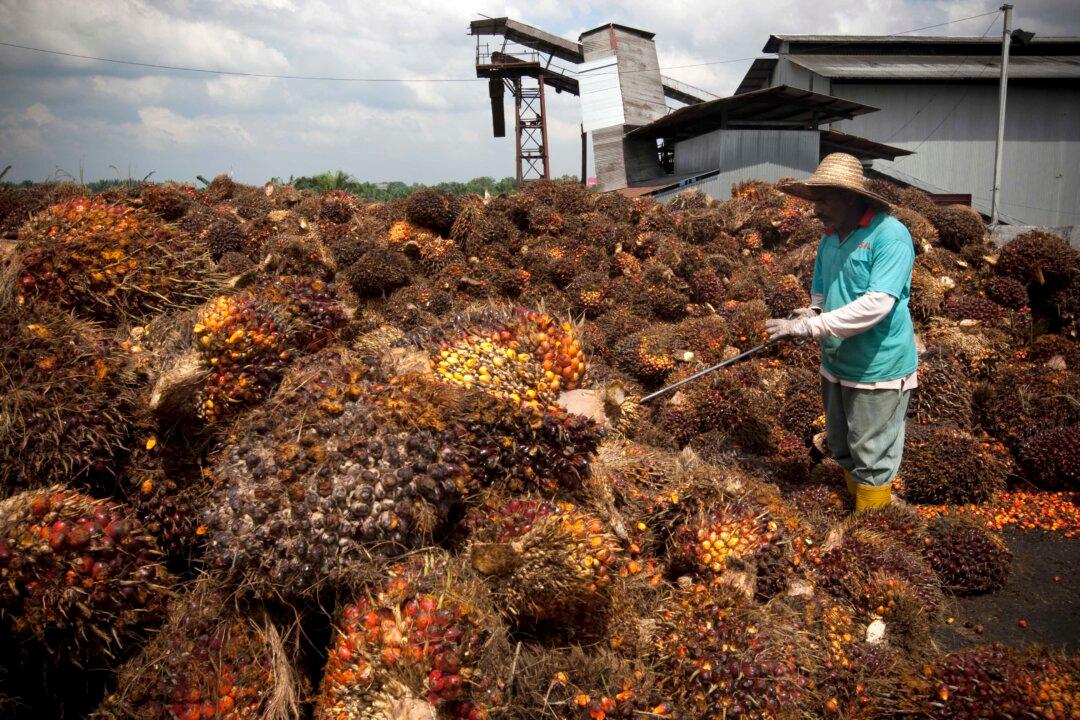Palm oil is used to make many of the products we commonly use and consume: margarine, ice cream, lipstick, shampoo, washing detergent—just to name a few.
As a result, our high demand for palm oil production has led to widespread deforestation in Southeast Asia, as tropical forests are cleared to make way for palm oil plantations. In turn, many animals native to the region have lost their habitats and become endangered.
Between 2000 and 2010, the overall rate of deforestation in the tropics of Southeast Asia was 1 percent per year, with some areas, like the Indonesian island of Sumatra, losing nearly 5 percent during peak years.
In response to growing pressure from environmental groups and concerned scientists, some companies, like the food processing giant Cargill, have pledged to source and produce their palm oil sustainably.
Whether more firms will adopt similar conservation efforts will depend on the financial impact of switching.
New research shows the incentive may already be there.





